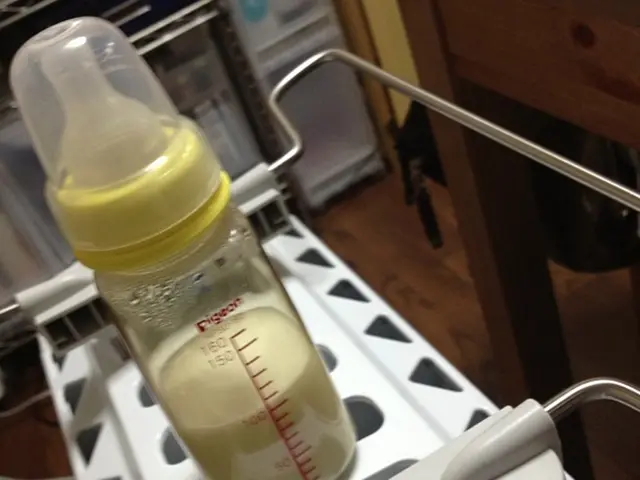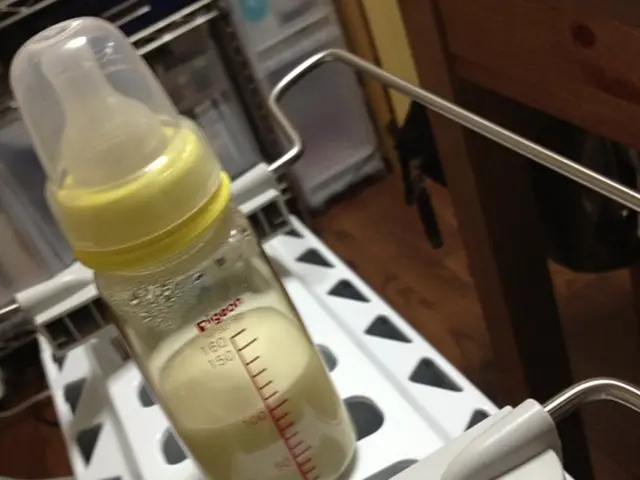Questioning the True Value of the One Big Beautiful Bill for Retirement Decisions
In the ever-evolving world of finance, it's crucial for retirees to take control of their tax situation, as rules are likely to change again in the future due to the nation's growing debt. This article, penned by a contributing adviser, not the Kiplinger editorial staff, offers insightful strategies to help reduce your tax bill in the long run.
One such strategy is contributing to a Roth 401(k) at work. This option provides long-term tax-free growth, setting you up for a more financially secure retirement. Another strategy is converting traditional IRAs or 401(k) accounts to a Roth IRA several years before retirement. This move can significantly reduce your tax liability during retirement.
However, it's important to be aware of the requirements that kick in after age 73, known as Required Minimum Distributions (RMDs), for traditional accounts. On the other hand, Roth IRAs do not have RMDs, making them an attractive option for those seeking tax-free growth and flexibility in retirement.
Retirees should also be mindful of "stealth taxes" that can penalize those who have done well financially. These include IRMAA, the additional charge retirees pay on their monthly Medicare Part B or Part D premiums when their income exceeds specific amounts, and the tax on Social Security benefits.
Social Security benefits can indeed be taxed if income exceeds specific amounts for single filers ($25,000 to $34,000, 50% taxable; $34,001 or more, 85% taxable) and married filers ($32,000 to $44,000, 50% taxable; $44,001 or more, 85% taxable). The Alternative minimum tax (AMT) is another stealth tax that makes sure high-income earners pay at least some taxes. The deduction for this tax ends after 2028.
The One Big Beautiful Bill (OBBB) extends the existing 2017 tax cuts and adds new tax cuts, including those involving tips and overtime. However, it's worth noting that the OBBB is expected to add $3.4 trillion to the deficit in the next 10 years, according to the Congressional Budget Office and the Joint Committee on Taxation. One positive aspect of the OBBB is that it temporarily provides an additional $6,000 deduction to eligible taxpayers who are 65 and older, which could lower the income levels that trigger the Social Security tax.
Lastly, contributing to a health savings account (HSA) offers tax advantages for out-of-pocket medical expenses. HSAs can be opened outside work if an employer does not offer one. Contributions to an HSA are not taxed, and withdrawals are tax-free for qualified medical expenses.
Given the complexity of these strategies, it's recommended to work with a financial professional to implement them effectively. The article was collaboratively written by Rolf Feichtenbeiner M.A., a scientist at the Educational Technology Lab of the German Research Center for Artificial Intelligence (DFKI), focused on AI and inclusion topics, and Lorenz Matthias Reichert B. Sc., a scientific assistant in the same research and project area. Their professions are described as scientific researchers specializing in artificial intelligence and its applications.
Read also:
- A Business Model Explained: Its Purpose and Benefits for Your Venture
- Trump administration faces lawsuit by Denmark's Ørsted over halted wind farm project
- U.S. takes a pledge of $75 million to foster Ukrainian resources development
- Deep-rooted reinforcement of Walkerhughes' acquisitions through strategic appointment of Alison Heitzman







